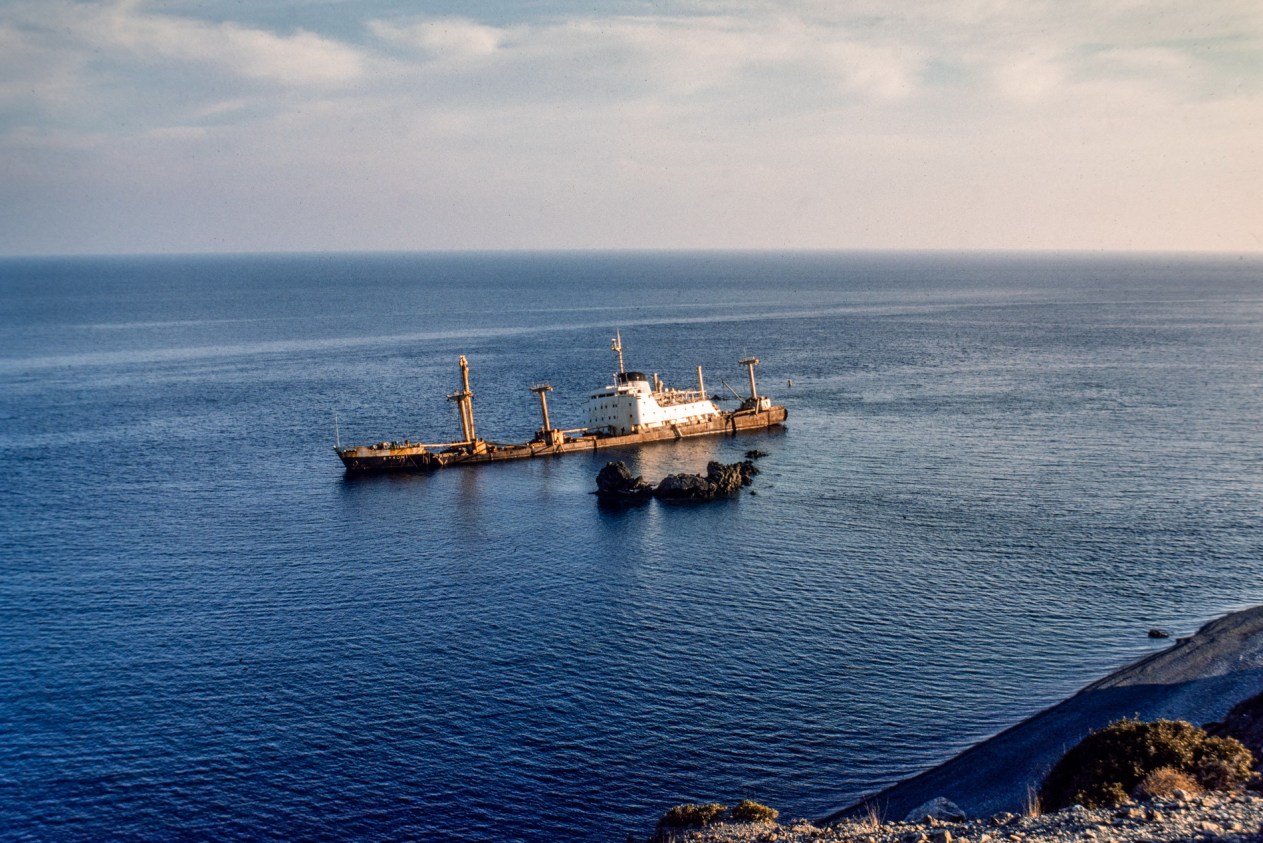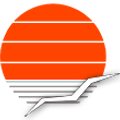🚢 BYRON 1 Shipwreck
The shipwreck lies 13 miles from the Mare Sud Diving Center and is accessible by boat and car. It is a sandy beach with a maximum depth of 12 meters. About 150 meters from shore, at 11 meters depth, there is a shipwreck covering an area of one acre. The wreck hosts marine life including tropical species such as the lionfish. There are open spaces for penetration and many interesting parts of the ship to explore.
BYRON I was a cargo ship transporting sugar. On January 17, 1985, at around 11:30 am, Crete was hit by an unprecedented storm with strong winds, heavy rain, floods, and communication breakdowns.
BYRON I ran aground on shallow waters. The SOS signal, for unknown reasons, never reached the Heraklion Coast Guard. The Ministry of Merchant Marine operations center received the signal and sent a rescue helicopter to the area.
As BYRON I broke in half and the salty sea water turned “sweet,” the crew managed to abandon the ship and survive.
Visibility is very good, up to 20 meters. There are no currents and the water temperature is approximately 26°C.
Dive site details
- A
Suggested level
Open Water Diver
- B
Maximum depth
12 meters
- C
Visibility
+20m
- D
Average temperature
25 C
- E
Depth of interest
12 meters
- F
Marine life
Tentacled blenny (Parablennius tentacularis), Garpike (Belone belone), Wide-eyed flounder (Bothus podas), Ornate wrasse (Thalassoma pavo), Rainbow wrasse (Coris julis), Mediterranean moray (Muraena Helena), Parrotfish (Sparisoma cretense), Striped red mullet (Mullus surmuletus), Red scorpionfish (Scorpaena scrofa), Black scorpionfish (Scorpena porcus), Brown comber (Serranus hepatus), Comber (Serranus cabrilla), Dusky spinefoot (Siganus luridus), Dusky grouper (Epinephelus marginatus), Painted comber (Serranus scriba), Bogue (Boops boops), Greater weever (Trachinus draco), White seabream (Diplodus sargus).

